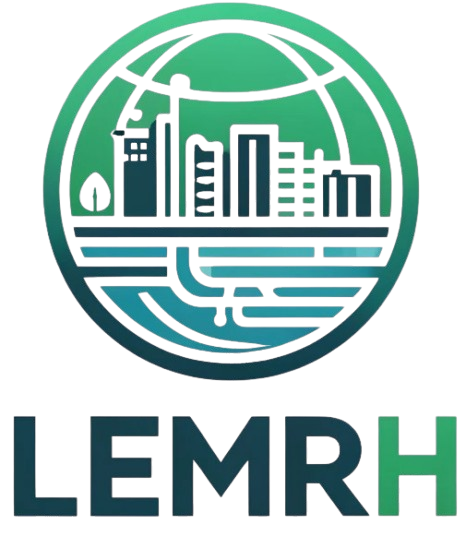About LEMRH
Exploring Landscape Patterns, Ecological Processes, and Human-Nature Interactions
About LEMRH
The LEMRH is a cutting-edge research center dedicated to advancing the understanding and application of landscape ecology principles in the sustainable management of natural and urban environments. At LEMRH, our focus is on exploring the intricate relationships between landscape patterns, ecological processes, and human activities to develop innovative strategies for conservation, restoration, and landscape planning.
By integrating ecological theory with practical management approaches, we aim to foster resilient and biodiverse landscapes that support both ecological health and human well-being. Our interdisciplinary team collaborates on projects that address critical challenges such as habitat fragmentation, urbanization, and climate change, contributing to the creation of sustainable and vibrant landscapes for future generations.
Mission
The mission of the LEMRH is to advance the field of landscape ecology through innovative research and practical solutions for sustainable landscape management. We aim to enhance the understanding of landscape patterns and processes, integrating ecological theory with applied management strategies.
Our goal is to address critical environmental challenges, such as habitat fragmentation and urbanization, by developing resilient and biodiverse landscapes. Through interdisciplinary collaboration and cutting-edge research, we strive to create effective strategies for conservation, restoration, and planning, ultimately promoting ecological health and enhancing human well-being in diverse landscapes.
Ethical Values
- Prioritizing ecological integrity and long-term sustainability in all our research and management practices.
- Maintaining openness and honesty in our research processes, data sharing, and communication with stakeholders.
- Embracing diversity, ensuring that our research benefits all communities and promotes equitable access to green spaces.
- Fostering interdisciplinary partnerships and community engagement, recognizing that collective efforts lead to stronger outcomes.
- Committing to ethical stewardship of the environment, ensuring that our research contributes to the well-being of both nature and society.
